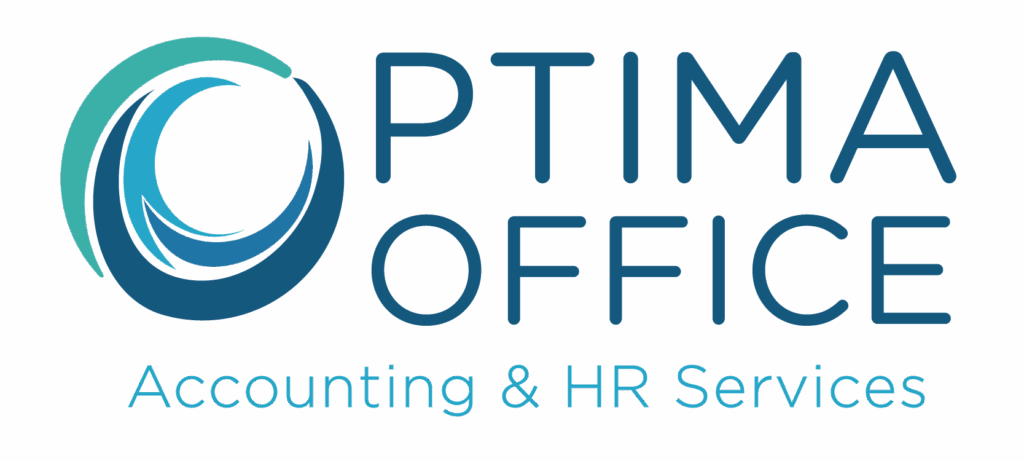As small business owners work to turn their passions into profitable businesses, they frequently find themselves handling accounting tasks that aren’t necessarily within their primary area of expertise, interest, or bandwidth. This can cause many issues, not only because it requires a unique skill set and meticulous attention, but also because the smallest errors can lead to hefty repercussions down the line. For many, these missteps arise as a result of spreading themselves too thin across various business facets.
In our vibrant city of San Diego, where start-ups and small businesses flourish, these accounting pitfalls are all too familiar. But here’s the silver lining: a significant number of these common mistakes are entirely avoidable. By recognizing where others have stumbled, you can sidestep these obstacles, ensuring smoother financial management for your business.
Let’s delve into some of the most recurrent accounting mistakes that small businesses make:
Small Business Accounting Mistake #1: Not Getting People In Place Early Enough
In the beginning stages of a business, enthusiasm, and adrenaline often overshadow the pressing need for structure. Founders are flooded with ideas, strategies, and dreams, propelling them forward. However, many overlook a crucial aspect: setting up an efficient accounting team early on. As transactions multiply and financial intricacies evolve, the absence of a dedicated team or service becomes glaringly evident. Instead of having a clear financial map from the outset, businesses find themselves retracing steps, correcting errors, and dealing with avoidable financial ambiguities.
Small Business Accounting Mistake #2: Trying to Do It All By Themselves or In-House
The allure of wearing multiple hats and maintaining complete control is often strong for small business owners. While self-reliance is commendable, it’s essential to recognize when it becomes a hindrance rather than a help. Accounting, with its intricate details and regulatory demands, is one domain where this distinction is particularly crucial. When business owners attempt to manage all accounting functions in-house without adequate expertise, they expose their venture to a myriad of potential errors, compliance oversights, and inefficiencies. Not to mention, this DIY approach often consumes disproportionate amounts of time and energy—resources that could be channeled into core business functions, strategy, or innovation.
Small Business Accounting Mistake #3: Inefficiently Trying to Save Money, and Spending More
It’s a paradox that many small businesses unwittingly find themselves in while trying to save money, they make choices that ultimately cost them more. Whether it’s opting for generic, one-size-fits-all software, bypassing essential training, or skimping on regular financial audits, these “cost-saving” choices often lead to bigger expenditures down the road. Inaccurate financial records, compliance issues, and missed tax benefits are just a few of the pitfalls that can arise from cutting corners in accounting.
Small Business Accounting Mistake #4: Hiring Someone Without Enough Experience or Knowledge
Navigating the financial seas of business requires a seasoned captain at the helm. Yet, too often, small businesses, in their bid to fill roles quickly or save on hiring costs, bring aboard individuals who lack the depth of experience or knowledge essential for the intricacies of accounting. While enthusiasm and a willingness to learn are commendable traits, they can’t substitute for the expertise that seasoned accounting professionals bring to the table. Inexperience can lead to misinterpretations of financial data, overlooked tax advantages, or even costly compliance missteps. And when these errors surface, the remedial costs – both in terms of finances and reputation – can far outweigh any initial savings from hiring a less-qualified individual.
Small Business Accounting Mistake #5: Kicking Off a New Project Incorrectly
Every new project a business undertakes is a fresh opportunity, filled with potential and promise. However, if the financial aspects of that project aren’t initiated correctly from the outset, what began as a hopeful venture can quickly devolve into a maze of confusion, inefficiency, and unexpected costs. Whether it’s improper budget allocation, misjudged financial projections, or overlooking the indirect costs associated with a project, these missteps can severely impact the project’s profitability and feasibility. Furthermore, poorly managed project finances can have a ripple effect, affecting other areas of the business, from cash flow to investor relations.
Small Business Accounting Mistake #6: Hiring and Managing Too Many People
Growth is the goal for many businesses, but unchecked expansion in staffing can lead to its own set of challenges. It’s a common misconception that increasing headcount directly correlates with improved productivity and efficiency. However, hiring too many employees, especially without a clear operational need, can inflate expenses, dilute management focus, and create internal inefficiencies. In the context of accounting, an oversized team can lead to overlapping responsibilities, inconsistencies in financial reporting, and, surprisingly, slower decision-making processes due to excessive layers of bureaucracy.
Avoid These Accounting Mistakes With Optima
Optima Office specializes in offering fractional bookkeeping services, tailored to meet the needs of San Diego’s vast array of small businesses. We understand that the lifeblood of any business lies in its finances. Hence, our dedicated team works tirelessly to ensure that our clients’ books are not just balanced, but also primed for growth.
For businesses looking to bolster their accounting function, avoid common pitfalls, and lay a foundation for future growth, Optima’s outsourced accounting services stand out as the sole choice. Let Optima Office be the accounting partner you deserve. Contact us today.




